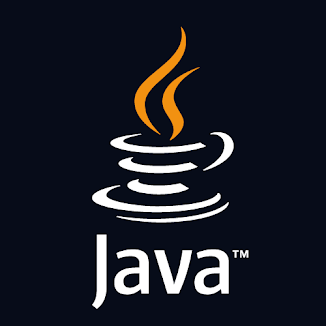C++ Programming
C++ Programming
What is C++ Programming
C++ is a high-level, general-purpose
programming language that was created by Bjarne Stroustrup in 1983. It is an
extension of the C programming language, and it provides object-oriented
features such as classes, inheritance, and polymorphism. C++ is a compiled
language, which means that the code written in C++ is translated into machine
code by a compiler before it can be executed by a computer. C++ is widely used
in a variety of applications, including video games, simulations, and operating
systems, as well as in the development of desktop and mobile applications and
high-performance servers and clients. It is a powerful and flexible language
that can be used to build complex and high-performance systems and is widely
used in the industry.
Example of C++ Programming
Here
is an example of a simple C++ program that prints the message "Hello,
World!" to the console:
Explanation:
The first line, “#include <iostream>”,
includes the iostream library, which allows the program to input and output
data.
- The “main” function is the entry point of the program, where the program starts executing.
- Inside the main function, the “cout” object is used to output the message "Hello, World!" to the console.
- The “endl” is used to insert a newline character after the message, so the cursor will be moved to the next line
- The “return 0” statement indicates that the program has been completed successfully.
When
you run this program, it will display the message "Hello, World!" on
the screen.
This
is a very simple example, but it illustrates some of the basic concepts of C++
programming, such as input and output, functions, and statements.
Advantages of C++ Programming
C++ has several advantages that have made it
a popular choice for software development:
- Object-Oriented Programming: C++ supports object-oriented programming, which allows for the creation of reusable code and the modeling of real-world concepts. This makes it easier to design and maintain large and complex software systems.
- Low-level Memory Access: C++ provides direct access to memory and hardware resources, which is useful for system-level programmings, such as operating systems and device drivers.
- Portability: C++ code can be compiled on a wide variety of platforms, including Windows, Linux, and macOS. This makes it a good choice for developing cross-platform applications.
- High Performance: C++ is a compiled language, which means that the code is translated into machine code before it is executed. This can result in faster execution times compared to interpreted languages.
- Standard Template Library (STL): C++ comes with a standard library called the STL, which provides a wide range of useful data structures and algorithms, such as vectors, lists, and maps.
- Large Community: C++ has a large and active community of developers, which means that there is a wealth of resources and support available for learning and using the language.
- Multipurpose: C++ is widely used in many domains such as gaming, system programming, GUI(Graphic User Interface) development, embedded systems, high-performance computing, databases, and many more.
C++
is a powerful and versatile programming language, but it also has some
disadvantages:
- Complexity: C++ is a complex language with many features and a steep learning curve. It requires a good understanding of memory management and pointers, which can be difficult for new programmers to grasp.
- Code bloat: C++ allows for extensive use of templates and overloading which can lead to code bloat and increased binary size.
- Inadequate error checking: C++ does not have as many built-in error-checking mechanisms as some other languages, which can lead to runtime errors and crashes.
- No Garbage collection: C++ lacks automatic memory management, which means that developers must manually manage memory allocation and deallocation. This can lead to memory leaks and other errors.
- No built-in support for concurrency: C++ lacks built-in support for the concurrent execution of code, which means that developers must use external libraries or manually implement concurrency mechanisms.
- No built-in support for functional programming: C++ lacks built-in support for functional programming, which means that developers must use external libraries or manually implement functional programming constructs.
- Risk of buffer overflow: C++ does not automatically check for buffer overflow, which can lead to security vulnerabilities if not handled properly.
Despite these disadvantages, C++ is still a
widely-used and powerful programming language that can be used to build
efficient and high-performance applications. It is important for developers to
be aware of its limitations and take the necessary precautions to avoid common
pitfalls.
.png)


Comments
Post a Comment